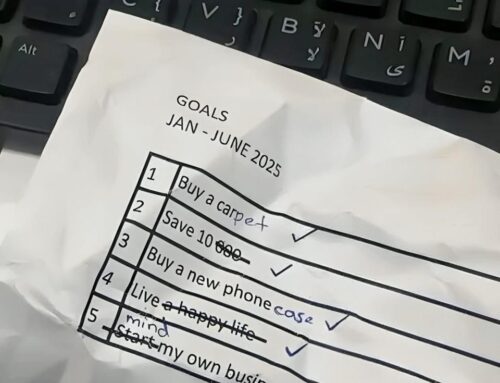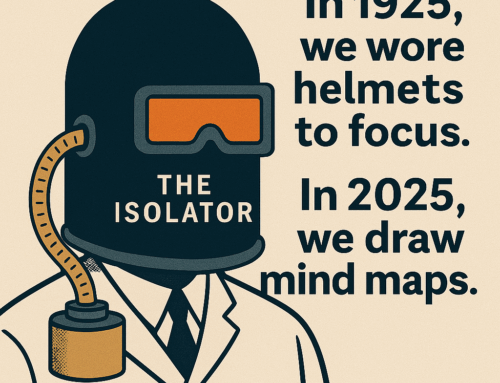Do you buy Commitment Insurance? I am sure, you do not as they don’t sell it yet. Then, better if you do not default on any of your commitments. But how would you guarantee that? There is a way!
Think of these situations:
- You are on phone with your client, and you tell them that you will send the required details ASAP.
- You send an email accepting a speaking assignment that is a month away.
- While you are in the shower you get a wonderful idea of promoting your business.
- You attend a day-long seminar and make copious notes of how you could leverage ideas that you learned during the session.
- A very important person to you casually reveals her date of birth and you make a point to surprise her by wishing her on that day.
- Your mother tells you that she will soon run out of her prescription vitamin supplement.
- Your mentor tells you to read that great article that would solve one of your problems.
- You like an article posted on LinkedIn, by one of your friends and decide to read it later.
- You just returned from travel and wish to send your travel expense report to your accounts department.
- You want to kick off that new ambitious project you were just awarded.
What is the common thread across all these situations? There is an explicit or implicit commitment on your behalf in each of them. Some are in written form; some are oral, and some are just thoughts. Leaving them in those forms is as risky as riding a bike without a helmet on a chaotic street – you are just over-relying on your luck and your skills. Don’t do it. Let’s understand first what the risk is.
You play several roles in your personal and professional life and always want to do justice to each of them. By virtue of it, you are continuously bombarded with expectations from everyone around you and even from yourself. In an ideal world, you would remember all and take appropriate actions at the right time. But the reality is far from it.
When you just rely on your working memory for your commitments, you will soon start missing a few as your working memory can store only a little. You are now left alone at the mercy of reminders from others, which is something you don’t want to rely on.
So, what is the way out? Since we don’t have any way to upgrade our working memory, we will have to take support of external means. But again, a hodgepodge of several notebooks, post-its, and Apps will not help. You need something that is necessary and just sufficient.
The best recommendation here is to have a combo of a calendar and a to-do list! Some of your actions are time-sensitive, they should go to the digital calendar so that you get timely reminders to go do them. While the rest of them should go into a single master to-do list, preferably a digital one, to utilize your time other than what is committed to the calendar events.
This distinction between tasks that go into your calendar versus, those that go into your master to-do list is quite important. You may not want to clutter your calendar with wishful plans, which you may not be able to follow. You would end up snoozing most of them and accumulate tons of unfinished events, which you would hate to replan. At the same time, you may not want to miss adding a time-sensitive task to the calendar, however insignificant it might sound.
Collecting all your commitments into this combo is only half the battle with the other half being a meticulous and frequent review of them to complete the actions. But recording all your commitments is critical as what are the odds that you will do something that you don’t even remember?
Your collection must be 100% if you want to be totally risk-free. You need to start looking at all your sources of work differently. The sources of work could be the project plans of your organization, meeting minutes, phone calls, emails, messages, careless shouts from your spouse, or even your own thoughts. Look at them as commitment machines since they generate commitments on your behalf. Extract those commitments from them and put them outside your head into the combo of Calendar and the master to-do list. Once you are armed with such an inventory of your commitments, you will be able to make the best use of your willpower to complete them.
I am often reminded of a Marathi poem from my school days – Ganpat Vani (गणपत वाणी), by B. S. Mardhekar (बा.सी.मर्ढेकर). The poet portrays a person who always dreamt big but did nothing to pursue it. If you don’t want to be that Ganpat Vani, the first thing you will need is a system that collects and organizes all your goals and actions together.
(Originally published in The Times of India on May 01, 2022)
Subscribe to my newsletter, to get tips like this and more, directly in your inbox!





